The 20-year career of Envy went nothing like what a band out of Japan's hardcore scene would have expected. The members never predicted chumming around with Scottish postrock act Mogwai, or landing a track in a Shiseido cosmetics commercial. And two decades later, on the verge of releasing sixth album "Atheist's Cornea" on Wednesday, it's a situation that today's hardcore acts might, er ... get jealous of.
"Everything has gone so fast," vocalist Tetsuya Fukagawa tells The Japan Times. "I sound old, but it seems like it all happened only yesterday."
Fukagawa formed a group called Blind Justice in 1992, along with bassist Manabu Nakagawa and guitarists Nobukata Kawai and Masahiro Tobita. Three years later, they changed the band's name to Envy and were joined by drummer Dairoku Seki. Influences mainly came from New York's hardcore scene, which include acts such as Agnostic Front and Sick Of It All. That may have been the reason Fukagawa originally sang in English, but he switched to Japanese for second album, "From Here to Eternity," because he was worried about piling too much work on his friend who was helping him with translation.



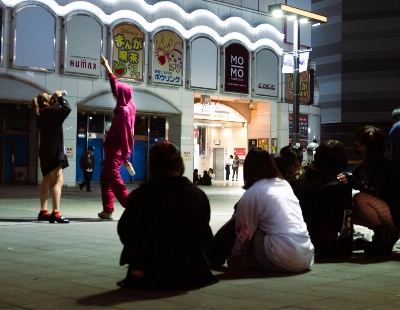
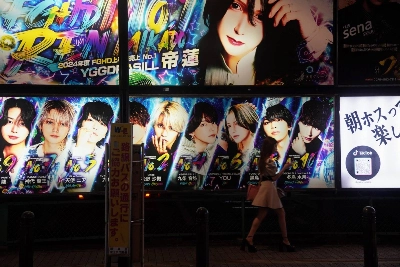
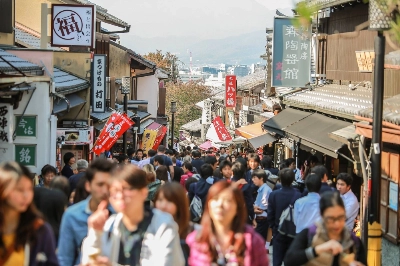
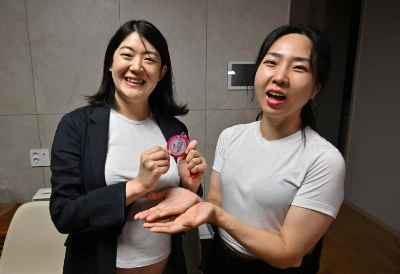
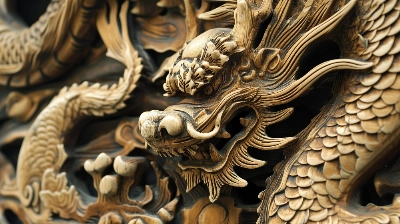










With your current subscription plan you can comment on stories. However, before writing your first comment, please create a display name in the Profile section of your subscriber account page.